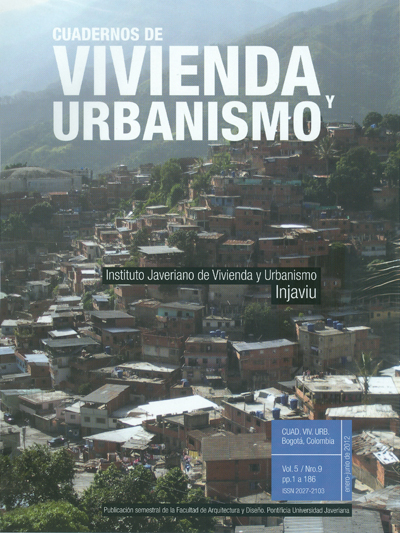Abstract
The Argentine government that took office in 2003 abandoned the neoliberal guidelines of the 90’s and introduced a new line of government intervention in economy and society. In this framework, the government introduced, as one of its main strategies, a large scale investment in public works in order to boost economy and to generate jobs. In order to fulfill this goal, the Executive Power organization was restructured and the Ministry of Federal Planning Public Investment and Services, which is a centralized organization in charge of these actions, was opened. Likewise, changes in housing policies were introduced as one of the main governmental strategies, focusing on the habitat improvement and the reactivation of production. This paper depicts the changes and general continuities that were introduced compared to the ones applied in the 90’s using a comparative analysis methodology.
This journal is registered under a Creative Commons Attribution 4.0 International Public License. Thus, this work may be reproduced, distributed, and publicly shared in digital format, as long as the names of the authors and Pontificia Universidad Javeriana are acknowledged. Others are allowed to quote, adapt, transform, auto-archive, republish, and create based on this material, for any purpose (even commercial ones), provided the authorship is duly acknowledged, a link to the original work is provided, and it is specified if changes have been made. Pontificia Universidad Javeriana does not hold the rights of published works and the authors are solely responsible for the contents of their works; they keep the moral, intellectual, privacy, and publicity rights.
Approving the intervention of the work (review, copy-editing, translation, layout) and the following outreach, are granted through an use license and not through an assignment of rights. This means the journal and Pontificia Universidad Javeriana cannot be held responsible for any ethical malpractice by the authors. As a consequence of the protection granted by the use license, the journal is not required to publish recantations or modify information already published, unless the errata stems from the editorial management process. Publishing contents in this journal does not generate royalties for contributors.


